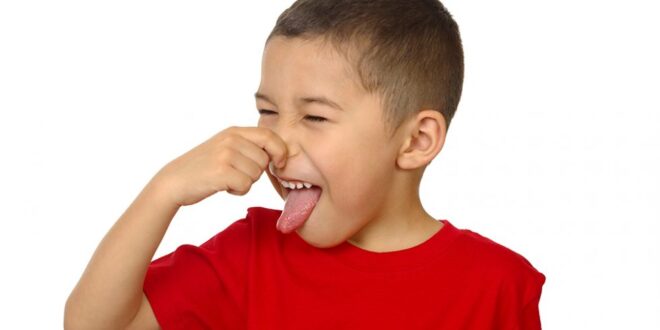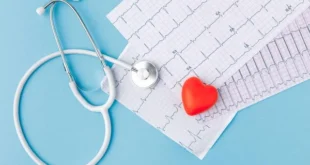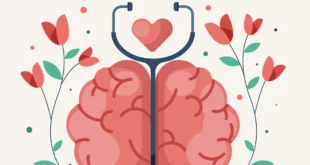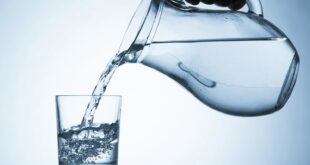By Kevin Gong
Nose-picking probably isn’t something you’d do in public. But when you’re by yourself and you feel something up there, the urge to go digging can sometimes be pretty strong. This might lead you to wonder: Is nose-picking really that bad? Nose picking is akin to other repetitive habits such as pimple popping or nail biting. While these behaviors are not necessarily medically recommended, the risk of causing a serious complication is quite low. That’s not to say nose-picking gets a green light, though. Here’s why, along with some simple tips to break the habit.
Picking your nose could make you sick. Trying to catch the crust definitely poses the potential for spreading germs. But picking your nose can also transfer some seriously nasty bugs, including ones that can cause pneumonia, found a January 2018 study in the European Respiratory Journal. Nose-pickers are also more likely to carry Staphylococcus aureus in their nose, which can cause staph infections, according to a June 2016 study in Infection Control & Hospital Epidemiology.
Boogers and mucus in the nose serve the important purpose of trapping germs before they can make it deeper into the nasal passages and airways and lead to infection. Nose picking can cause the transfer of these infectious particles onto the fingers which can then find their way to your mouth and into your body. And if illness-causing germs happen to be on your fingers before you pick, you could end up sending those into your nose and infecting yourself.
Overall, picking your nose isn’t life-threatening. But even the occasional digging session can spread infection-causing germs and cause the inside of your nasal passages to get scratched or bleed, Dr. Cusumano notes. And if you’re an intense picker, you run the risk of potentially damaging your nostril lining. So if you catch yourself scooping up the snot, wash your hands and make it a point to try to break the habit.
 Tempus Magazine By Students, For Students
Tempus Magazine By Students, For Students 



